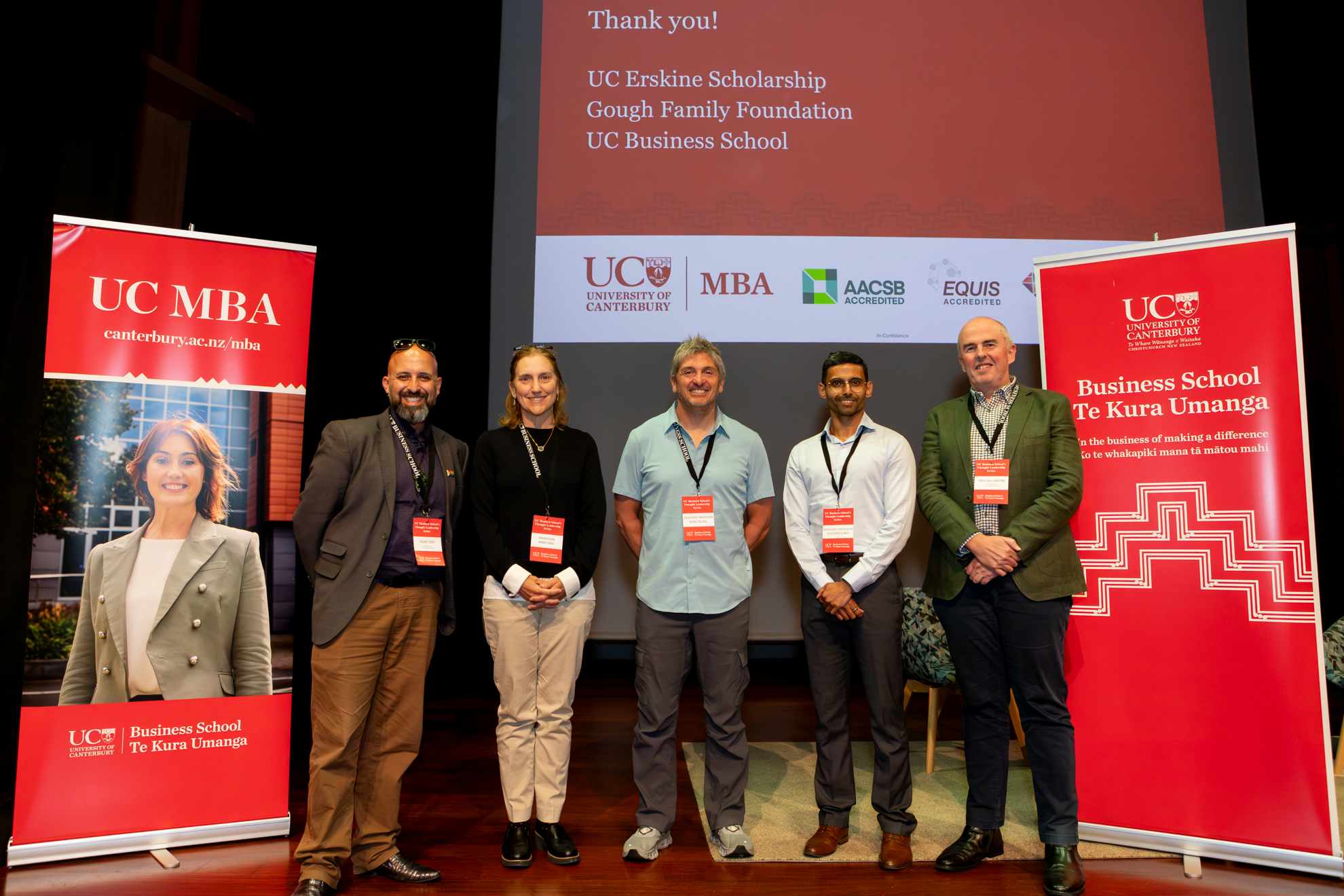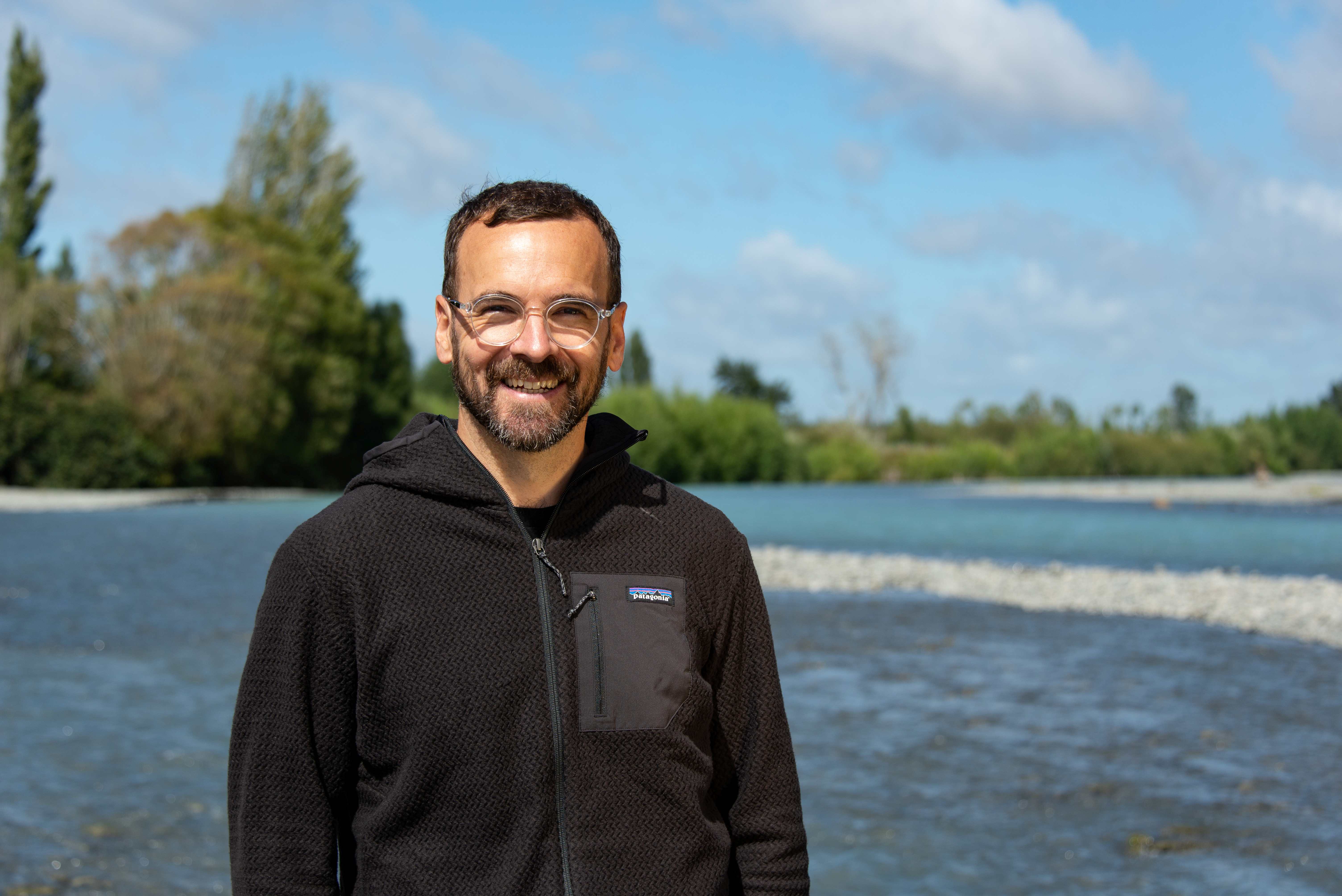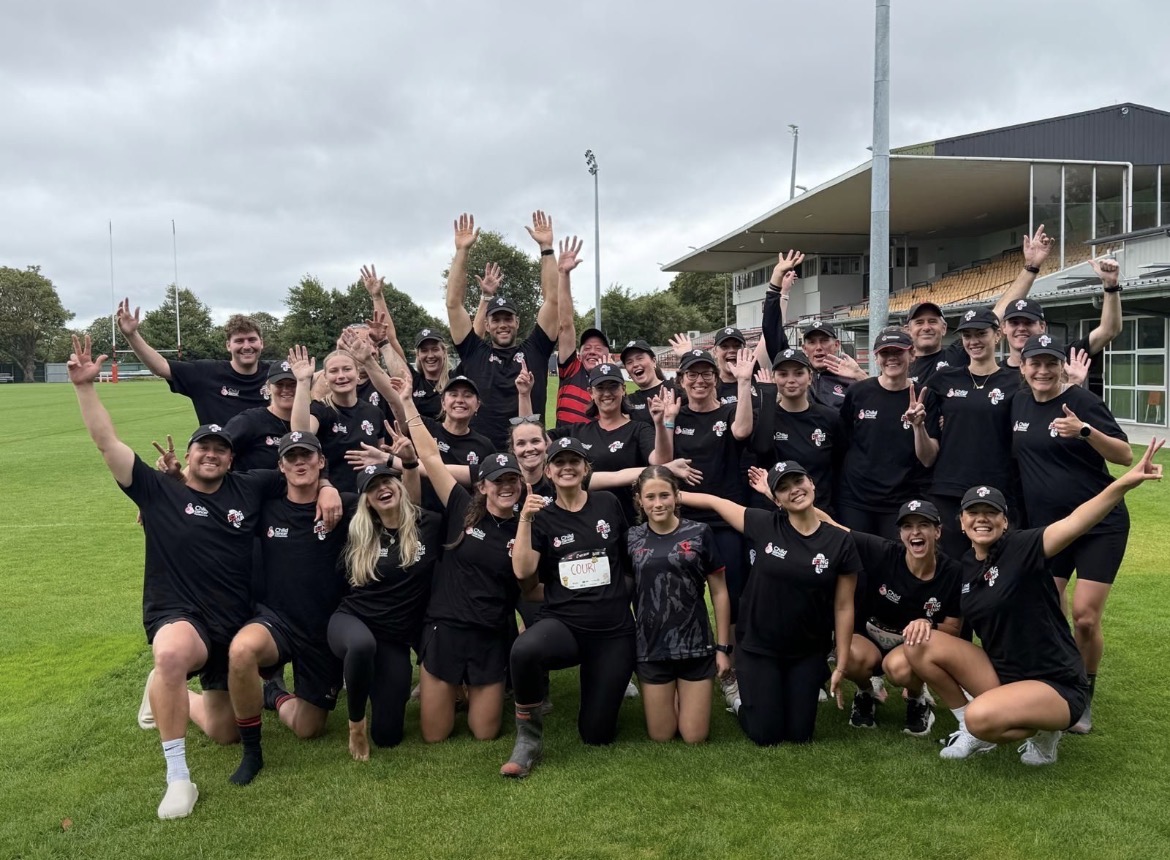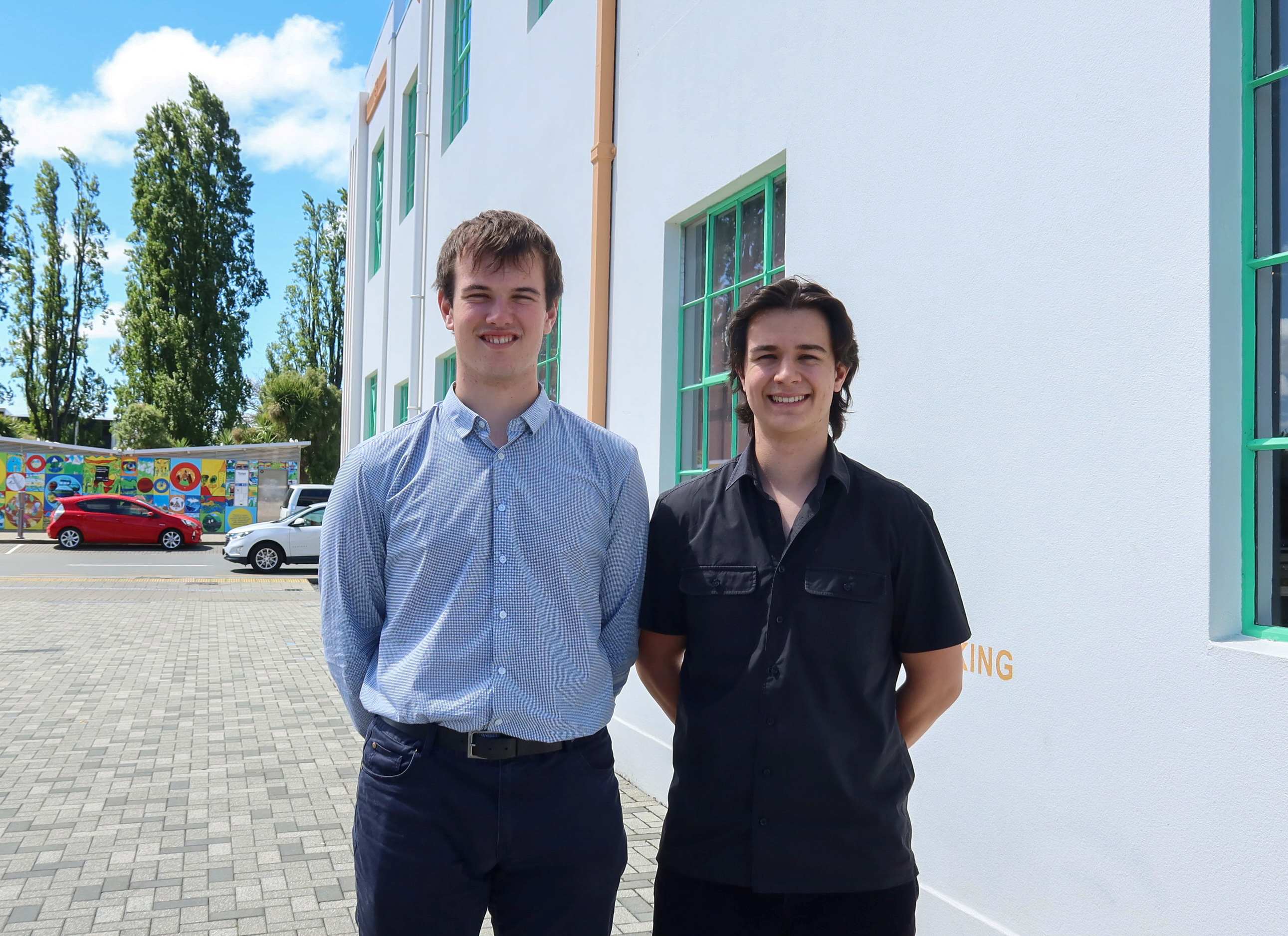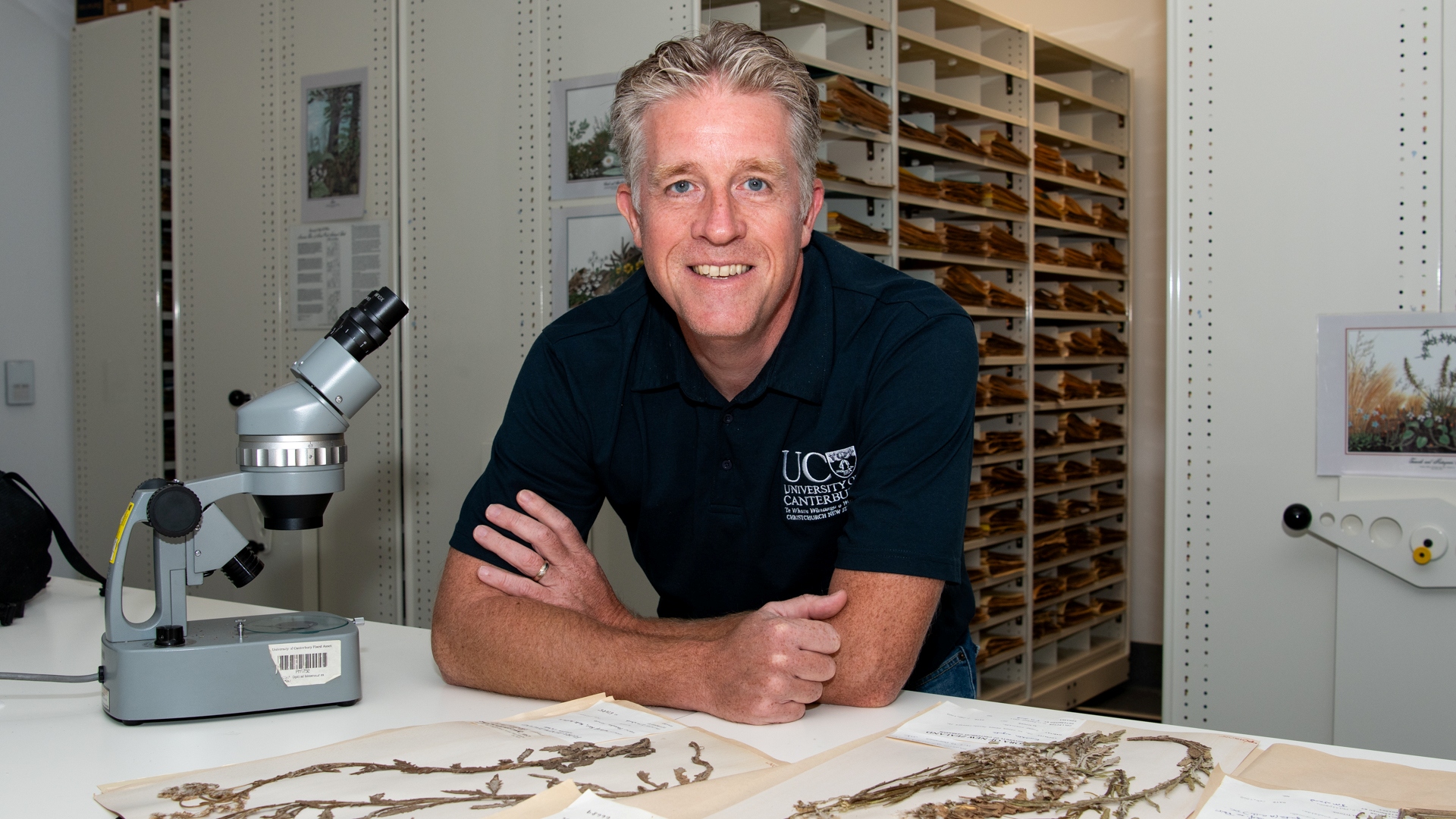Aimee Bryant has been researching New Zealanders at the centre of Bill of Rights cases for her PhD thesis and will present her early findings at the Bill of Rights Act: Legacy and Lessons – Where to now? National Conference being held at Te Whare Wānanga o Waitaha | University of Canterbury (UC) in Ōtautahi Christchurch on 1 and 2 October.
Marking the 35th anniversary of the New Zealand Bill of Rights Act, established in 1990 to protect and promote human rights and fundamental freedoms, the conference is an opportunity to reflect on its origins, development and role in safeguarding the rights of all New Zealanders.
Bryant has been exploring cases between 1990 and 2023 for four sections of the Act and during the conference she will present her early findings on section 11 – the right to refuse medical treatment. The cases include individuals required to provide DNA samples or blood tests for suspected drink-driving; the fluoridation of public water supplies; and legal challenges arising from Covid-19 vaccination mandates. In one case, a 12-year-old boy did not wish to be vaccinated, prompting his mother to seek a court order for the vaccination to proceed.
Bryant, who has previously worked at the Office of the Ombudsman in a variety of senior investigative and advisory roles and is now a Law Reform and Advocacy Manager at the New Zealand Law Society, is analysing factors such as gender, age, ethnicity and disability, and comparing this against the outcomes in each case, and the judicial approaches taken.
She says her findings so far raise some concerns about access to justice, including for those in compulsory mental health treatment, where section 11 commonly arises. Despite being disproportionately subject to compulsory treatment, both Māori and individuals aged 25 to 34 appear significantly under-represented in section 11 case law. “This suggests to me that the Bill of Rights Act is not being utilised evenly across society, and there are some communities who are under-served when it comes to asserting their rights in court.
“The approach towards children and young people has also been surprising, and it is not until more recently that you can see in the section 11 cases a move towards considering them as autonomous rights holders.”
As part of her thesis research, she is also studying cases under section 27: the right to justice; section 13: freedom of thought, conscience and religion, and section 20: rights of minorities.
Bryant, also a volunteer lawyer and trustee at Community Law Wellington and Hutt Valley, is passionate about equitable and accessible justice. She says her interest in the Bill of Rights Act stems from that. “Most of my career so far has involved working to improve access to justice. You quickly start to notice that there are wide gaps in who can access different forums and mechanisms for resolving their disputes and vindicating their rights.
“I think the Bill of Rights Act has really entered the public’s lexicon over the past 35 years which is unusual for a piece of legislation. That’s what attracted me to focus on it for my study, because it’s quite cool that it’s a piece of law that’s not just restricted to lawyers and judges in the courtroom, but at the same time, we don’t really know if that wider knowledge is translating into people using the Act.
“It is my hope this research may contribute to a critical understanding of the Act's day-to-day impact, and influence more effective and inclusive reform.”
Chaired by UC Executive Dean of Law Professor Petra Butler and co-hosted by the University of Canterbury and the New Zealand Law Society, the Bill of Rights National Conference brings together scholars, members of the judiciary, legal practitioners, students and community representatives.




